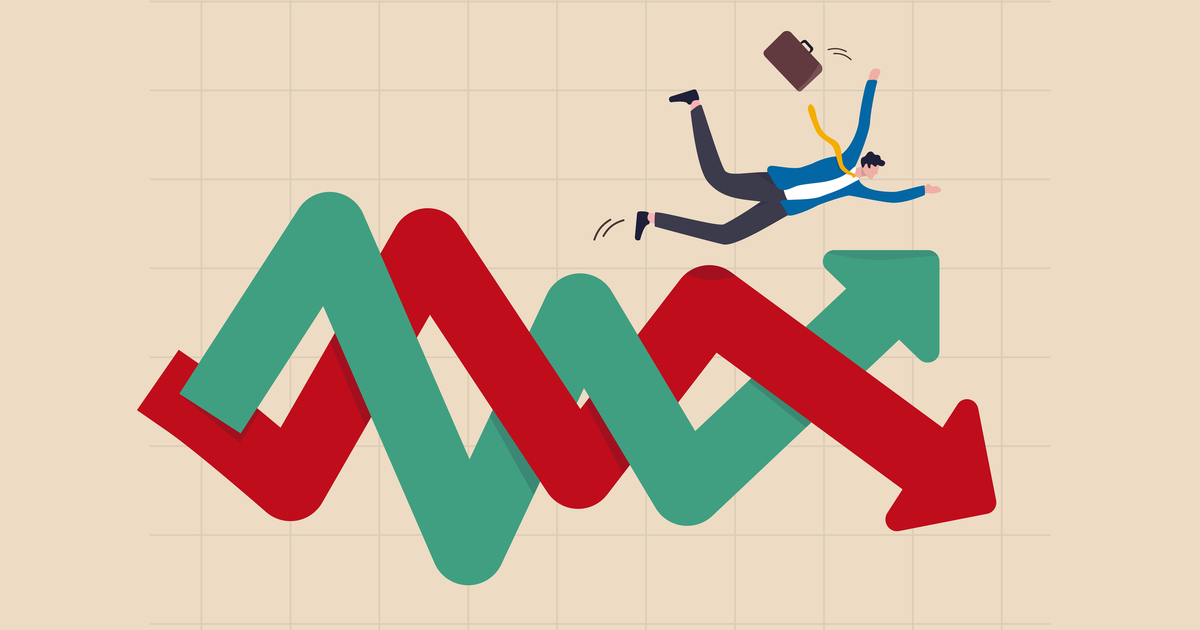Debt wave to change investment returns

The corporate and household debt wave has been identified as one of the several connected and long-duration factors that will have a significant impact on investment returns over the next decades, according to Franklin Templeton Institute’s paper.
In its assessment of the quality of new investments, a result of high inflation and high interest rates, the research found that interest rates would remain higher than in the past decade, with existing high levels of indebtedness exacerbating the current challenges.
According to the report, also a number of zombie companies, those that are generating cash but having only enough funds to service the interest on their loans and not to repay the principal, has been rising since the pandemic, posing more risk on broad investment performance.
The authors of the report, Priya Thakur (analyst) and Lukasz Labedzki (senior analyst at franklin Templeton Institute), are predicting that debt restructurings to become more frequent, with some companies choosing to deleverage which could weigh on economic growth.
This, in turn, may require government intervention which would mean that deleveraging of private debt could lead to higher public debt.
At the same time, debt sustainability will become more crucial than before, forcing the companies to earn at a faster rate than their cost of debt in order to remain sustainable.
“Our assessment of selected countries’ earnings growth and cost of debt shows that Italy, Australia and the UK have a slower growth rate of earnings as against the cost of debt. Investors need to be even more selective in their investments in such countries,” the report said.
Also, the authors of the report stressed that a supply chain recalibration to move away from dependency on China would be rather expensive and could result in more borrowing, to finance capital expenditures.
Following this, retail banks traditionally think of mortgages as a “core” product that facilitates cross-selling opportunities.
However, in some countries, like Canada and Australia, household debt was the largest category of the loan book, they warned.
“We measure the vulnerability of households on multiple parameters, including mortgage rate, share of variable rate mortgages, debt service ratio, housing costs, affordability, and real wage growth,” they said.
“Our assessment shows that the households are most vulnerable in Australia and Canada in comparison to the selected countries.”
On top of this, private investments tend to flourish during economic slowdowns and private companies seem to be increasingly avoiding public offerings, reducing the likely flow of exit opportunities for private equity and impacting venture capital, while the secondaries market still looked attractive.
The report said that although distressed assets and private credit may appear more attractive with more investment opportunities, they would imply specialist risk assessment.
The Franklin Templeton Institute’s predictions assumed that active investment management with scrutiny on corporate debt quality and documentation/ covenants would continue to be increasingly crucial and differentiating when debt servicing costs stay high (and higher for middle- and low-income countries).
Additionally, it found that within fixed income there were opportunities in Asian bonds, higher yield and leveraged loans that offer higher yields, while having lower duration.












“ASIC decided in 2017 that it would be taking no further action against Cbus” As per usual ASIC never does…
Corrupt Canberra needs to be exposed. Useless ASIC needs to be held accountable
S62 of the SIS act is the Sole purpose test for SMSF’s. Sole and primary purpose of retirement benefits. Union…
Sounds like something that ABC’s Four Corners program should be told about…..
FAAA, as has others, have been lobbying too about the CSLR. Here is some public commentary on Linked iN https://www.linkedin.com/feed/update/urn:li:activity:7220619889001082882/